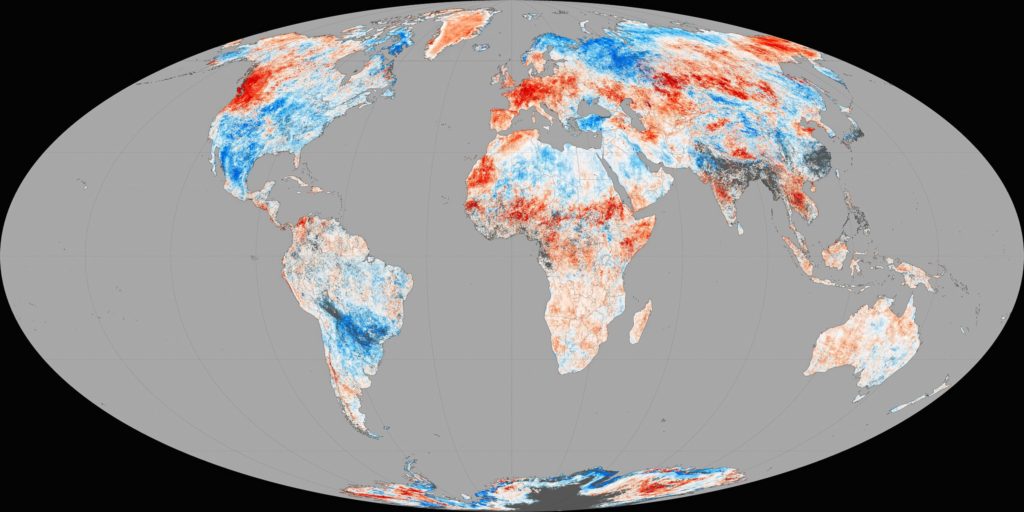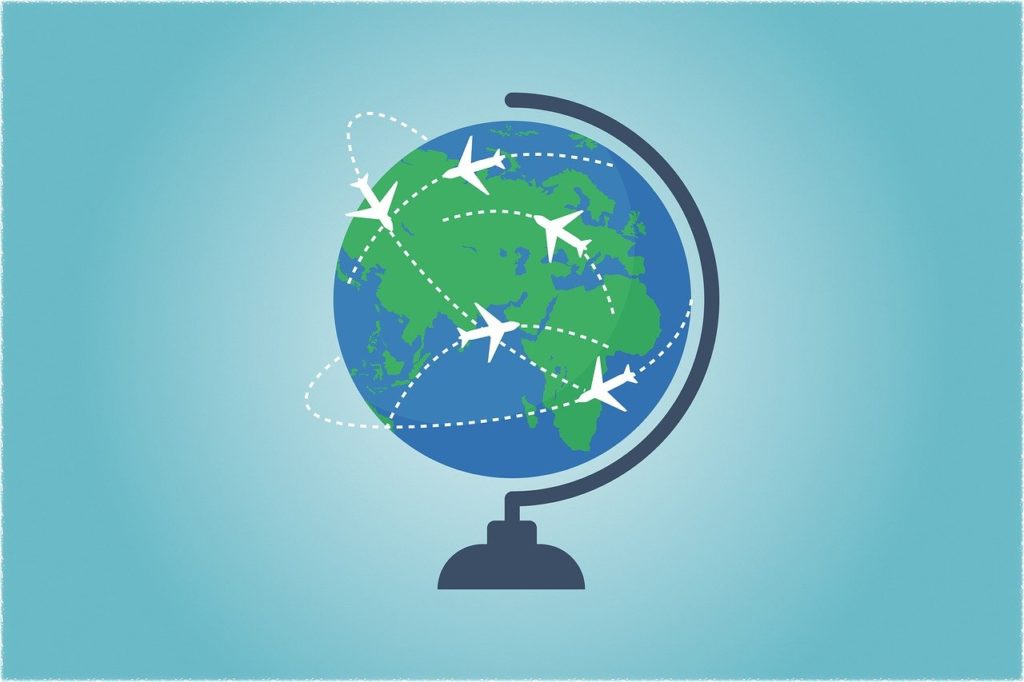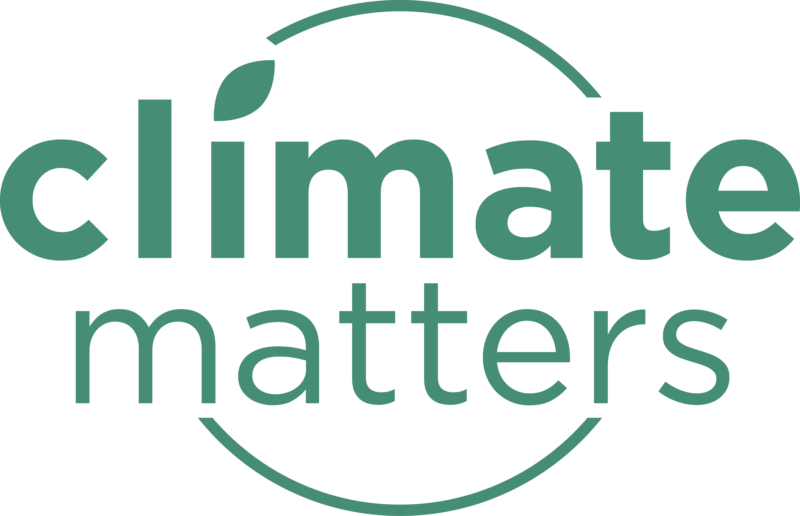Nord Stream 2: where the climate crisis meets geopolitics

From the get-go, the multi-billion euro investment “Nord Stream 2” has been widely criticized, regarding political independence from Russia, political oppression through Russia, and the climate implications of investing in gas pipelines. When there is an imminent threat of war looming over the horizon it is hard to find clear-cut answers to global issues. This […]
The Power of Data Transparency

Next year, in 2022, the IPCC will finalize its sixth assessment report. A report that is unarguably one of the most cited, far-reaching sources for trying to understand and argue policies that can mitigate the climate crisis and its impacts. It is exactly this type of imperative research that showcases the importance of transparent and […]
Downscaling the Aviation Industry

The dramatic reduction in flights during the COVID-19 pandemic opens a natural opportunity for us to consider: what role does the aviation industry have to play in tackling the climate crisis? Before the pandemic, it seemed unthinkable: a 70 percent drop in flights worldwide? Yet this is exactly what happened in May 2020. The dramatic […]
